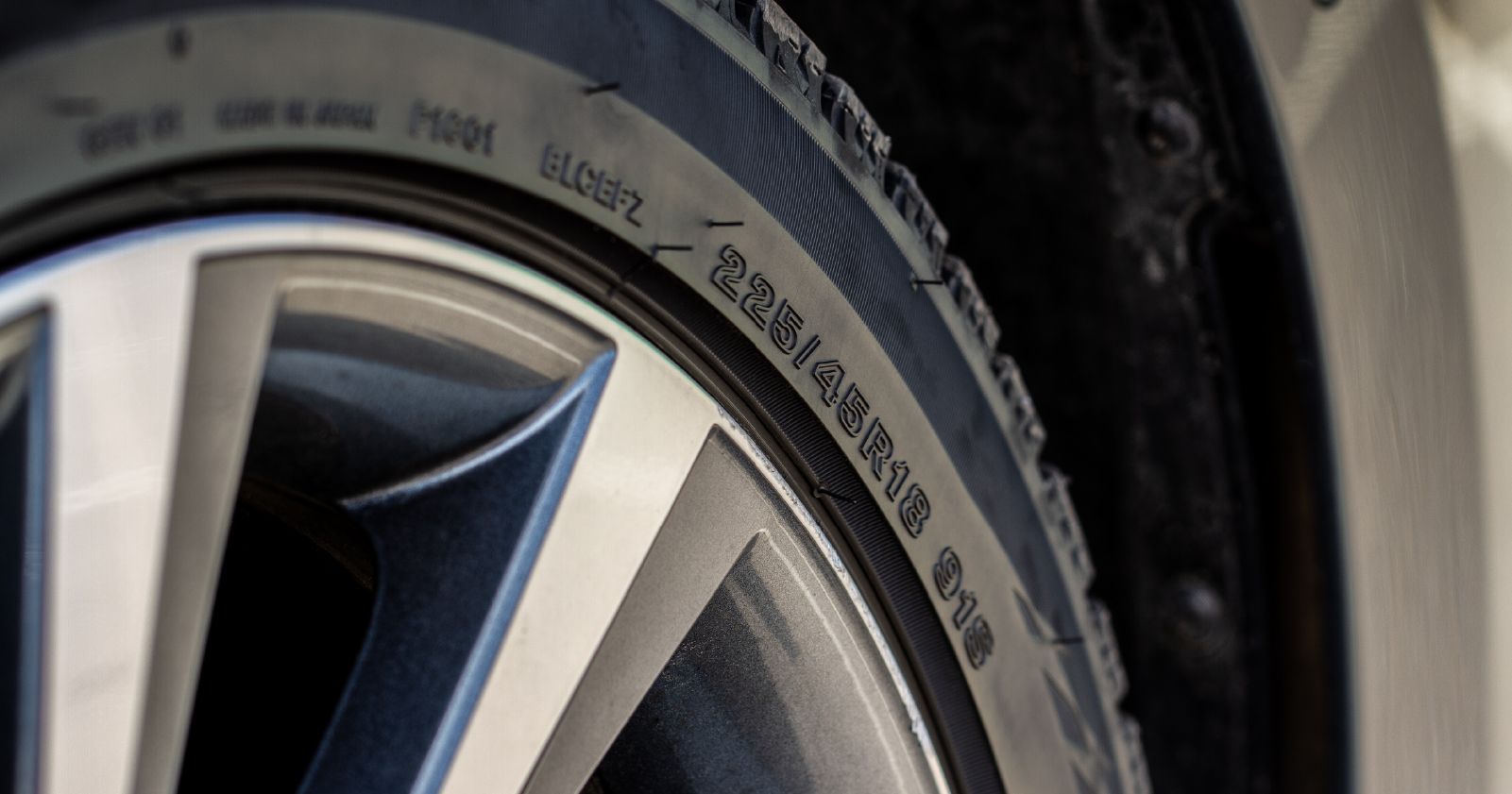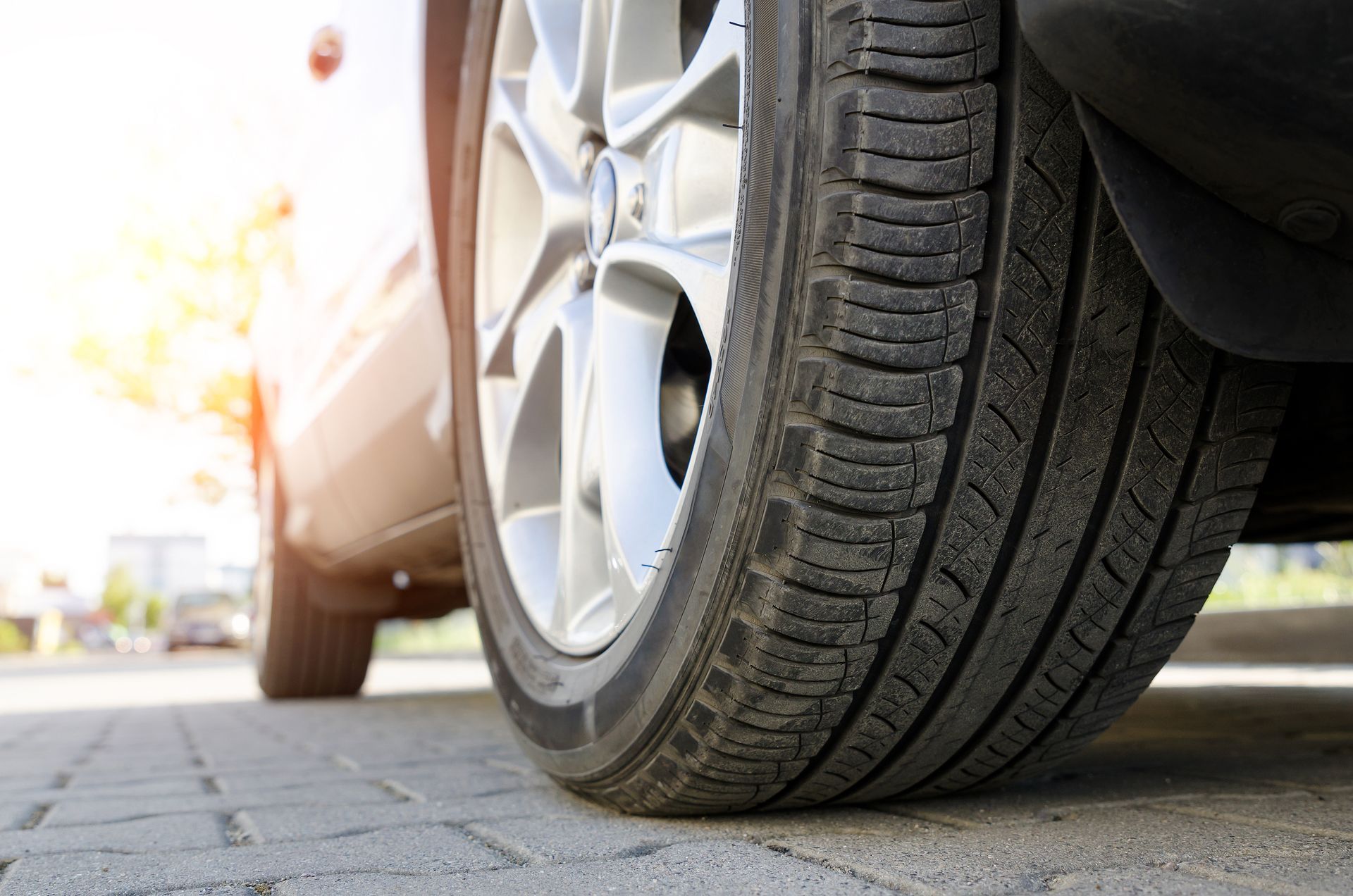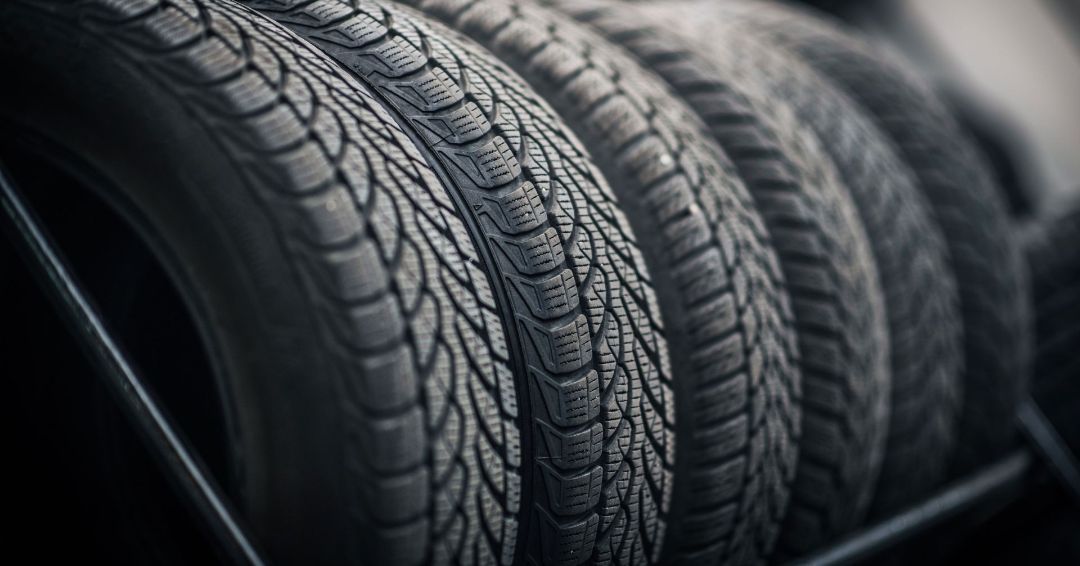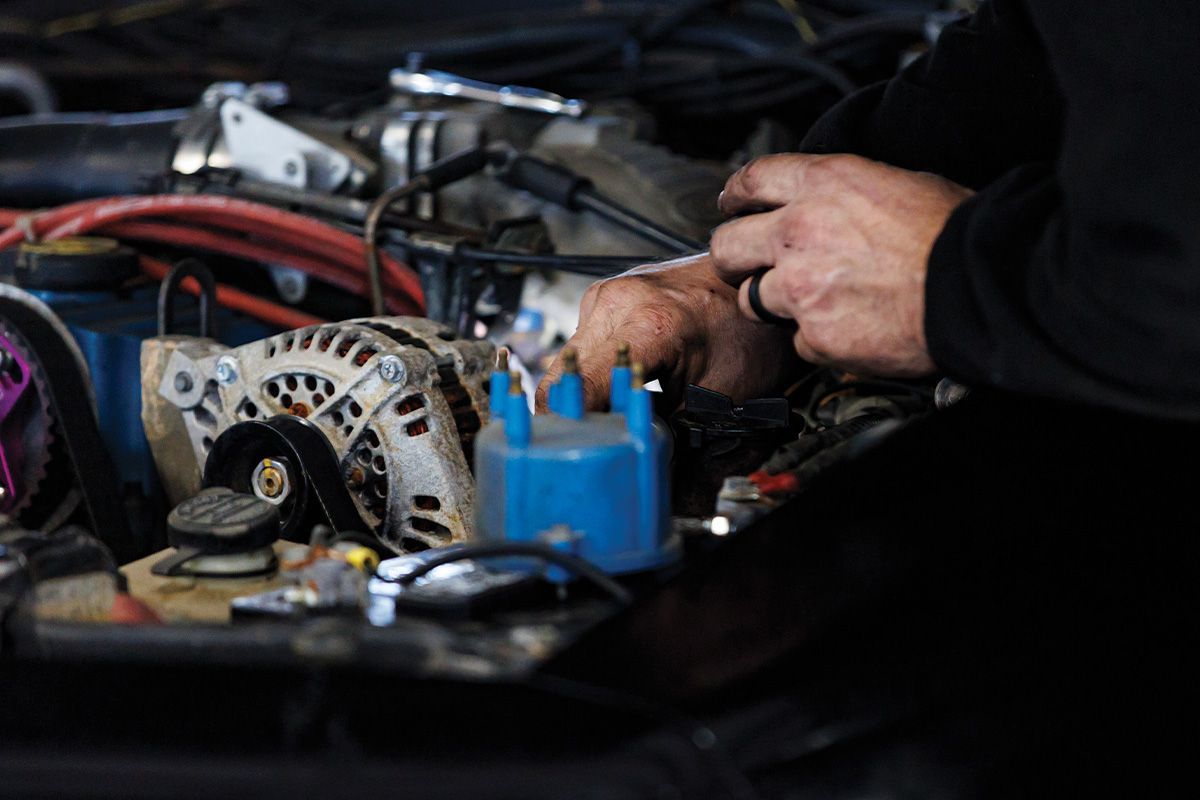Keep Your Engine Running Strong: The Importance of Inspections
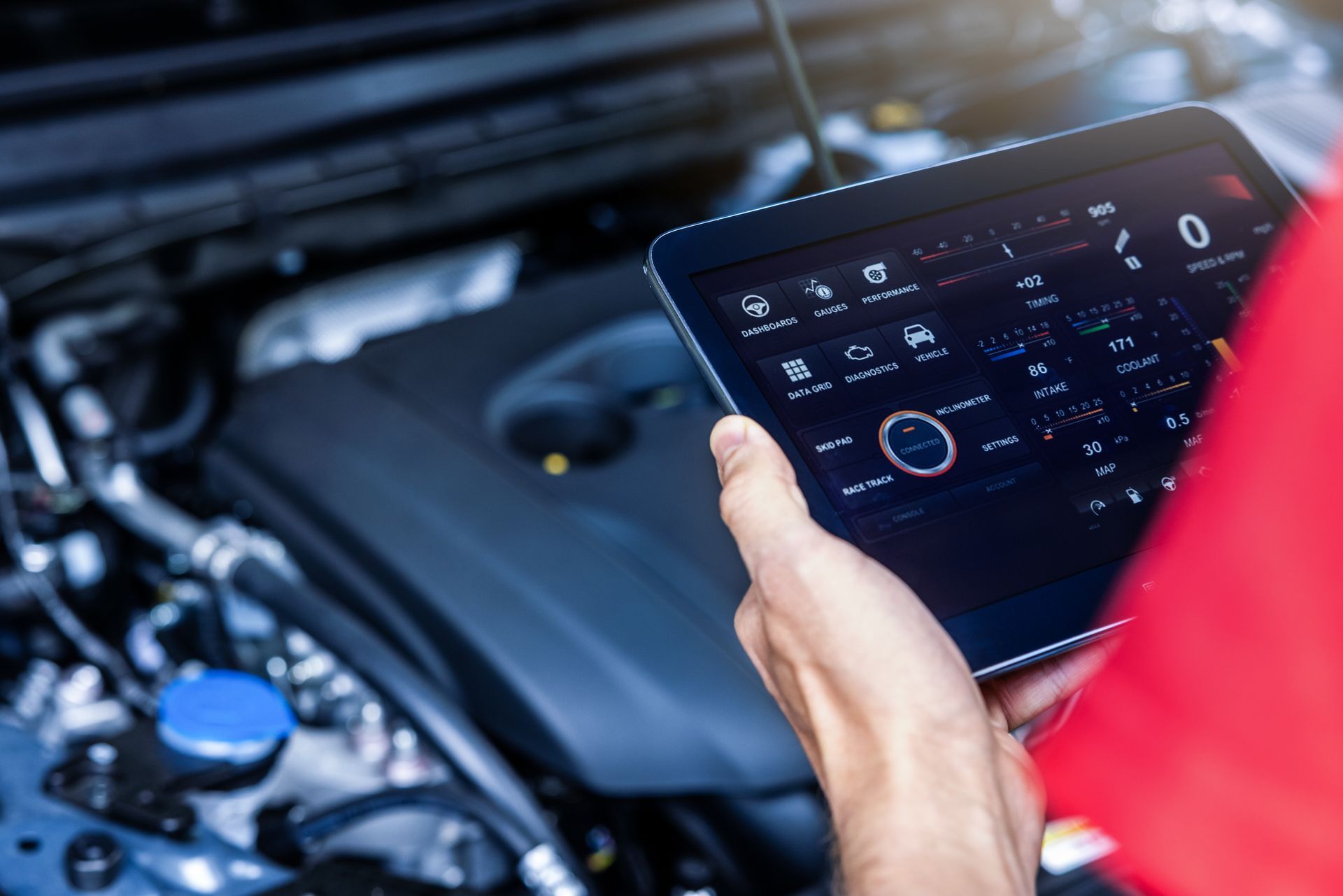
For many of us, our vehicles are an essential part of our everyday routines. Whether it's commuting to work, running errands, or embarking on a road trip, we depend on our cars to perform reliably and safely. Regular engine inspections are vital for keeping your vehicle in top condition. Let's explore why these inspections are so important and what should be included in your inspection checklist.
Why Regular Engine Inspections Are Crucial
Regular engine inspections aren't just about addressing issues as they arise—they're about preventing problems before they start. By routinely checking your engine, you can catch and fix minor issues before they turn into major, costly repairs.
Save Money with Preventive Maintenance
Routine inspections can save you a substantial amount of money over time. Identifying and fixing small issues early on is usually far less expensive than dealing with a major breakdown. For example, repairing a minor coolant leak is much cheaper than replacing a warped engine block caused by overheating.
Ensure Road Safety
Your vehicle's engine is like its heart. Just as a healthy heart is essential for overall health, a well-maintained engine is crucial for your car's safe operation. Regular inspections can reveal potential safety hazards, such as failing brakes or worn suspension components, that could lead to dangerous situations on the road.
Preserve Vehicle Value and Extend Longevity
Regular engine inspections and maintenance can help maintain your vehicle's resale value. A well-cared-for car with a documented service history is more attractive to potential buyers. Additionally, regular maintenance extends the life of your vehicle, allowing you to enjoy it for many years without needing expensive repairs or replacements.
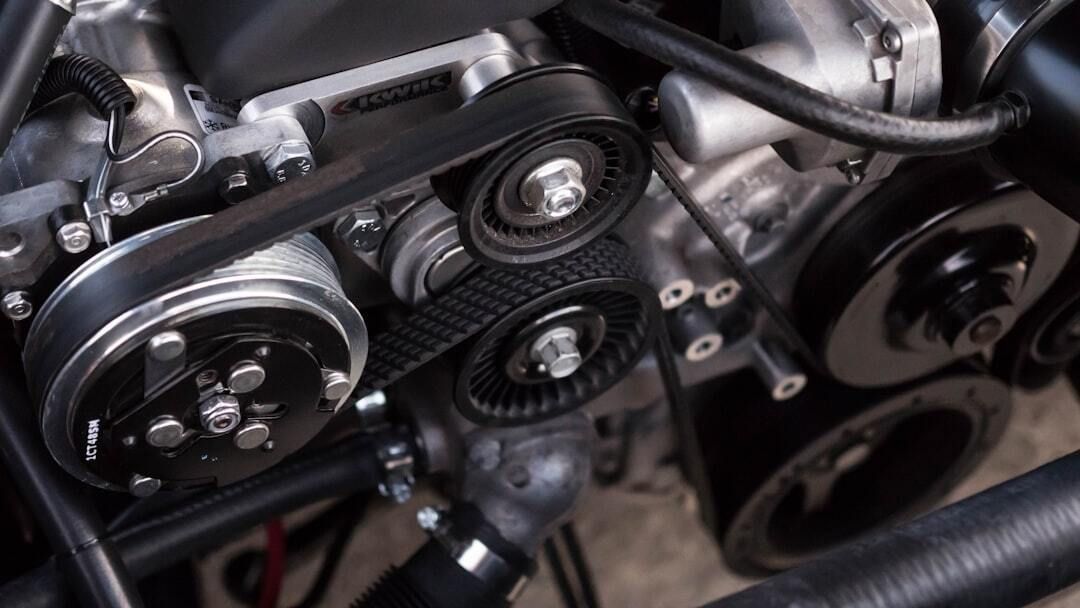
Key Components of an Engine Inspection Checklist
An engine inspection checklist is a thorough list of items that should be regularly examined to ensure your car's engine runs efficiently. While some checks can be done by car owners, others may require the expertise of a professional mechanic, especially for brands like Toyota, Chevrolet, and BMW, which may have specific inspection needs.
Deciphering the Check Engine Light
The Check Engine Light (CEL) is your car's way of signaling that something is wrong. When it lights up, it's a clear sign that your engine needs attention. Modern vehicles are equipped with advanced diagnostic tools that mechanics use to read error codes from the car's onboard computer, identifying issues that may not be immediately visible.
Vital Engine Fluids: The Lifeblood of Your Vehicle
Engine oil, coolant, brake fluid, power steering fluid, and transmission fluid are essential for your vehicle's performance. During an inspection, these fluids should be checked for proper levels and signs of leaks. For instance, oil leaks can cause significant engine damage if left unaddressed, while coolant leaks can lead to overheating and engine failure.
Wheel Alignment and Suspension: Ensuring a Smooth Ride
Checking wheel alignment and suspension is crucial, especially if you notice your car pulling to one side or experiencing a rough ride. Misalignment can lead to uneven tire wear and affect vehicle handling, while suspension issues can compromise ride comfort and control.
Belts and Hoses: Critical Yet Overlooked
Belts and hoses might seem minor, but they play significant roles in your engine's operation. A snapped belt or burst hose can lead to engine overheating, loss of power steering, or electrical system failure. During an inspection, these components should be examined for cracks, wear, and tension to prevent unexpected breakdowns.
Battery and Electrical System: Power Essentials
Your vehicle's battery and electrical system should be part of your engine inspection checklist. A weak battery can leave you stranded, while a faulty electrical system can cause issues ranging from dim lights to engine misfires.
Air Filters: The Engine's Breathing Apparatus
Air filters prevent dirt and debris from entering the engine and affecting its performance. A dirty air filter can reduce fuel efficiency and power. It's important to inspect and replace air filters according to your vehicle manufacturer's recommendations.
How Often Should You Get Your Vehicle Inspected?
Vehicle inspections are a key aspect of car maintenance, ensuring your vehicle's safety, performance, and longevity. The frequency of inspections depends on several factors, including your driving habits, the age of your vehicle, and the manufacturer's guidelines. Here are some general tips to help you determine how often to inspect your vehicle:
Follow the Regular Maintenance Schedule
It's advisable to follow the manufacturer's recommended maintenance schedule for inspections. Typically, this includes routine checks every six months or every 5,000 to 7,500 miles, whichever comes first. Regular inspections help identify minor issues before they become major problems.
For High-Mileage Vehicles
If you frequently drive your vehicle or have a high-mileage car, more frequent inspections might be necessary. High mileage puts additional wear and tear on components, making regular checks essential to prevent breakdowns and ensure optimal performance.
Extreme Driving Conditions
Driving in extreme conditions, such as heavy traffic, extreme temperatures, or rough terrain, can accelerate wear on your vehicle's components. In such cases, consider more frequent inspections to promptly address any issues.
New or Recently Purchased Vehicles
For new or recently purchased vehicles, scheduling an initial inspection is recommended to ensure everything is functioning properly. This initial inspection can help identify any manufacturing defects or issues that need attention.
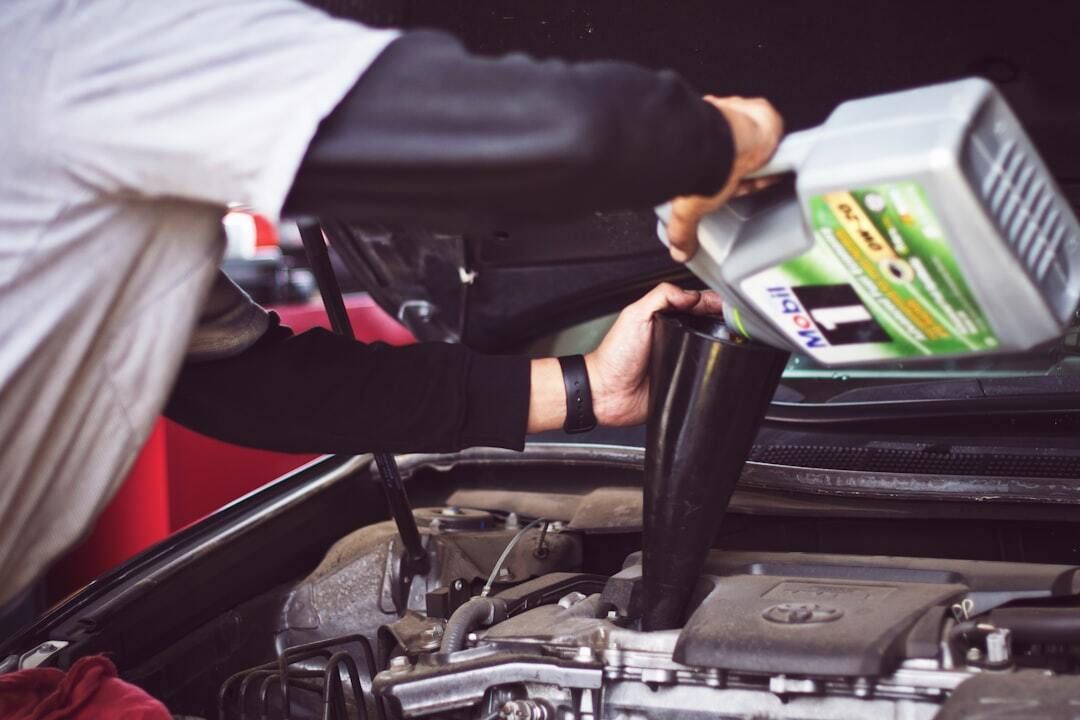
Specific Inspection Needs for Different Brands
Owners of brands like Toyota, Chevrolet, and BMW should be aware of specific inspection requirements for their vehicles. These cars often feature sophisticated engineering and advanced technology that necessitate specialized knowledge and tools.
Toyota Inspections: Focus on Reliability
Toyota vehicles are renowned for their reliability and durability. Regular inspections should focus on maintaining these qualities by adhering to the manufacturer's recommended schedule and promptly addressing any issues.
Chevrolet Inspections: Emphasizing Performance
Chevrolet vehicles are known for their performance and versatility. Routine inspections should ensure that all performance components are in excellent condition and that the vehicle is safe for all driving conditions.
BMW Inspections: The Ultimate Driving Experience
BMW inspections should pay attention to the brand's unique engineering aspects, such as high-performance engines and suspension systems. Regular inspections by a BMW specialist can ensure the "Ultimate Driving Machine" delivers its best performance.
The Importance of Professional Inspections
While there are many aspects of your vehicle you can inspect yourself, professional inspections are an essential part of vehicle maintenance. Professional mechanics have the experience, diagnostic tools, and knowledge necessary to thoroughly inspect and service your vehicle.
The Expertise Advantage
A trained mechanic can spot issues that may not be obvious to the untrained eye. They can also provide valuable advice on preventive maintenance and potential future problems based on your vehicle's make, model, and mileage.
Advanced Diagnostic Tools
Professional mechanics use advanced diagnostic tools to quickly and accurately identify problems. These tools are particularly important for complex vehicle systems and can save time and money by pinpointing issues without trial and error.
Inspections: A Vital Part of Vehicle Care
In summary, regular engine inspections are a vital part of vehicle maintenance. They help prevent costly repairs, ensure safety, and maintain the value and longevity of your car. By following a thorough inspection checklist, paying attention to the specific needs of different brands, and relying on professional mechanics' expertise, you can keep your engine—and your vehicle—running smoothly for years to come. Remember, when it comes to car care, an ounce of prevention is worth a pound of cure.
Latest News and Updates

